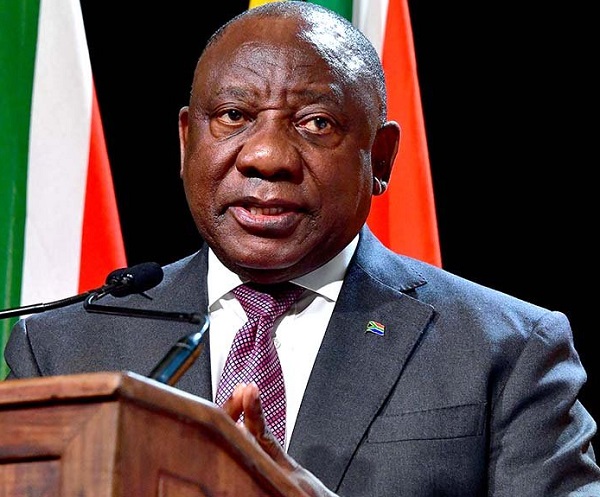by SAMBULO DLAMINI
MBABANE – THE Southern African Development Community (SADC) region is drafting new broadband targets it aims to achieve for the bloc by 2030.
Relevant ministers, national regulatory authorities, policymakers, experts in regional broadband deployment have met in Mbabane, Eswatini for a workshop also attended by experts from international bodies, including the International Telecommunications Union (ITU).
The goal is to set standards for internet coverage within SADC, promote affordable internet access, enhance digital inclusion and develop systems to assess progress and track insights.
Held under the aegis of the SADC Broadband Development and Targets 2030 Workshop, the two-day seminar concluded on Tuesday (yesterday).
Savannah Maziya, Eswatini Minister of Information and Communications Technology (ICT), officially opened the workshop.
“Broadband is the lifeblood of modern economies,” she said.
“However, meaningful deployment requires deliberate policy, sustained investment and data-driven action. We cannot manage what we do not measure,” Maziya said.
The minister told attendees that national broadband policies were critical, signaled intent, coordinated action and provided the regulatory certainty investors and operators need.
“As member states, we must continue to refine national frameworks to prioritise inclusivity, sustainability and innovation,” Maziya said.
SADC comprises 16-member states, among them Angola, Botswana, Comoros, Democratic Republic of Congo (DRC), Eswatini, Lesotho, Madagascar, Malawi, Mauritius, Mozambique, Namibia, Seychelles, South Africa, Tanzania, Zambia and Zimbabwe.
Also speaking at the workshop, Brian Mwansa, the Executive Secretary (Acting) of the Communications Regulators’ Association of Southern Africa (CRASA), said broadband had transformative power to foster economic growth, enhance human capital, improve public services and promote social inclusion.
“Through connecting people and businesses to vital information and services, broadband creates opportunities for innovation, education, healthcare access and overall improved quality of life,” Mwansa said.
Broadband rollout is under the SADC’s Regional Infrastructure Development Master Plan (RIDMP) and SADC’s Vision 2050.
According to the New Partnership for African Development (NEPAD), SADC’s average mobile penetration is 77,4 percent and household internet access at 27,8 percent.




